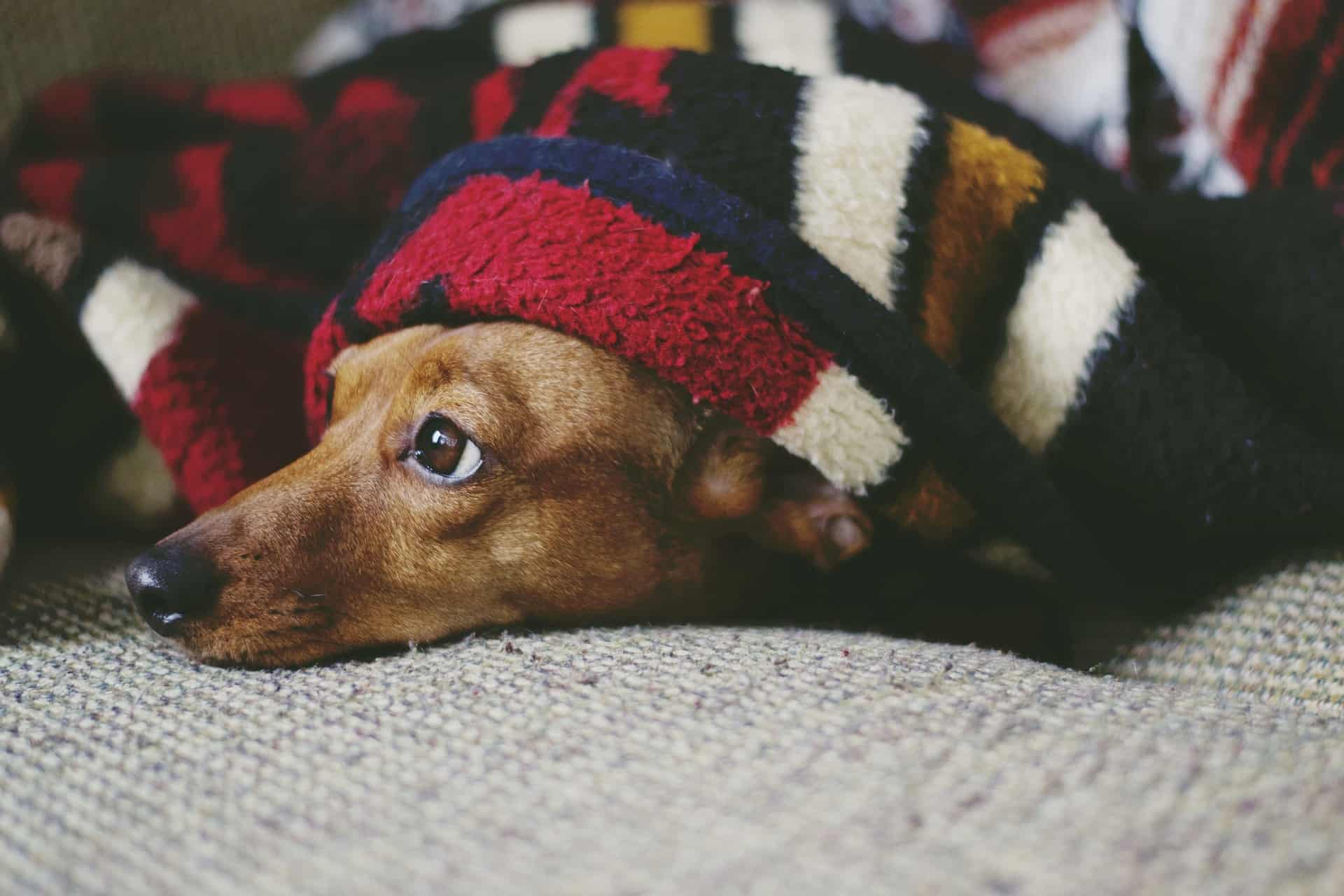Local vet shares some helpful tips
As a veterinarian who focuses on preventative actions to improve your pet’s health, I thought that the topic of restful nights may be a good place to start. Early detection of changes happening in a pet’s body is key, and this will be an easy way for any pet family to check in and be on the lookout for changes.
A lot of information can be extracted about our general health when we look at our resting routines, so over the next few nights, let’s start by paying special attention to our pet’s nighttime activities (or hopefully lack thereof).
A restful night should be a restorative time, without a lot of activity. Some abnormal behaviours include frequent physical shifting, increased bedtime sounds (think sighing, whining, snoring, or coughing), pee or poop breaks, or even midnight trips to the water bowl.
Unfortunately, these nighttime activities may be early indicators that something is amiss. When it comes to physiological wellness at any life stage, these changes can be important clues.
Shifting pets who seem uncomfortable in many positions may have circulation (think red blood cells and/or heart) issues, breathing or airway issues, or sore joint issues caused by progressing osteoarthritis. These are some of the most common medical problems.
Sighing and whining may indicate chronic stress or an anxiety disorder that ought to be addressed sooner rather than later. Snoring may indicate the need for weight loss or the brewing of an obstructive airway disorder. For senior pets, I recommend periodically checking in on their Sleeping Respiration Rate (SRR). Anything over 30 warrants some close monitoring and a conversation with your family vet. For instructions on how to measure SRR, visit www.edmcommunityvet.com/portfolio/how-to-measure-your-pets-sleeping-respiration-rate/.
Peeing or pooping during sleep hours isn’t normal. All dog owners have had to clean up diarrhea at 2 am after doggo got into something that they shouldn’t have (or maybe we shared something we shouldn’t have), but this should be rare and never chronic. Drinking excess water day and night means that our pets will need many extra bathroom breaks, and this mustn’t be ignored because it will be important for your veterinary team to determine which causes are treatable and which will need long-term management. After all, early detection and intervention will allow for successful treatment and even prevent expensive vet bills and heartaches down the road.
Until next time!







